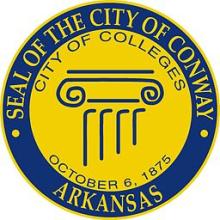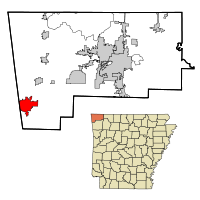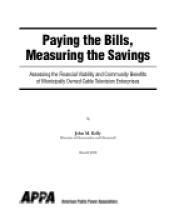Arkansas Utility Leads on Energy, Broadband
This article was co-written with ILSR's Energy Democracy initiative research associate, Karlee Weinmann, and is cross-posted on ILSR.org.
Ouachita Electric Cooperative, nestled deep in south-central Arkansas, is an unlikely innovator in a pair of industries struggling to adapt to shifting market dynamics: electricity and broadband.
Despite rising demand for energy efficiency and renewable electricity generation, large investor-owned utilities -- and many rural electric co-ops -- have resisted programs to address those needs. Likewise, corporate Internet service providers frequently offer shoddy service at high rates, a particular problem in rural areas with limited competition.
But Ouachita Electric found a way to do both things better, with complementary technologies. Fiber-optic network investments provided lower cost Internet access, but also provide an information backbone for the electric utility that can reduce outage times and verification for energy savings programs. The network and the efficiency programs reduce costs for a customer base dominated by low-income households that can now reinvest their earnings elsewhere in the community.
 Inclusive Financing
Inclusive Financing
The utility’s tariff-based, on-bill financing program -- known as HELP PAYS -- allows customers to invest in energy efficiency upgrades at their homes, like insulation and heat pumps, with no upfront cost. Ouachita Electric covers eligible expenses, then recoups its buy-in through payments from participating customers on their monthly bills. Customers immediately pay less thanks to utility-financed energy-saving improvements.
Unlike other energy efficiency programs, the opt-in “inclusive financing” program, HELP PAYS, enables all Ouachita customers to capture significant benefits:









